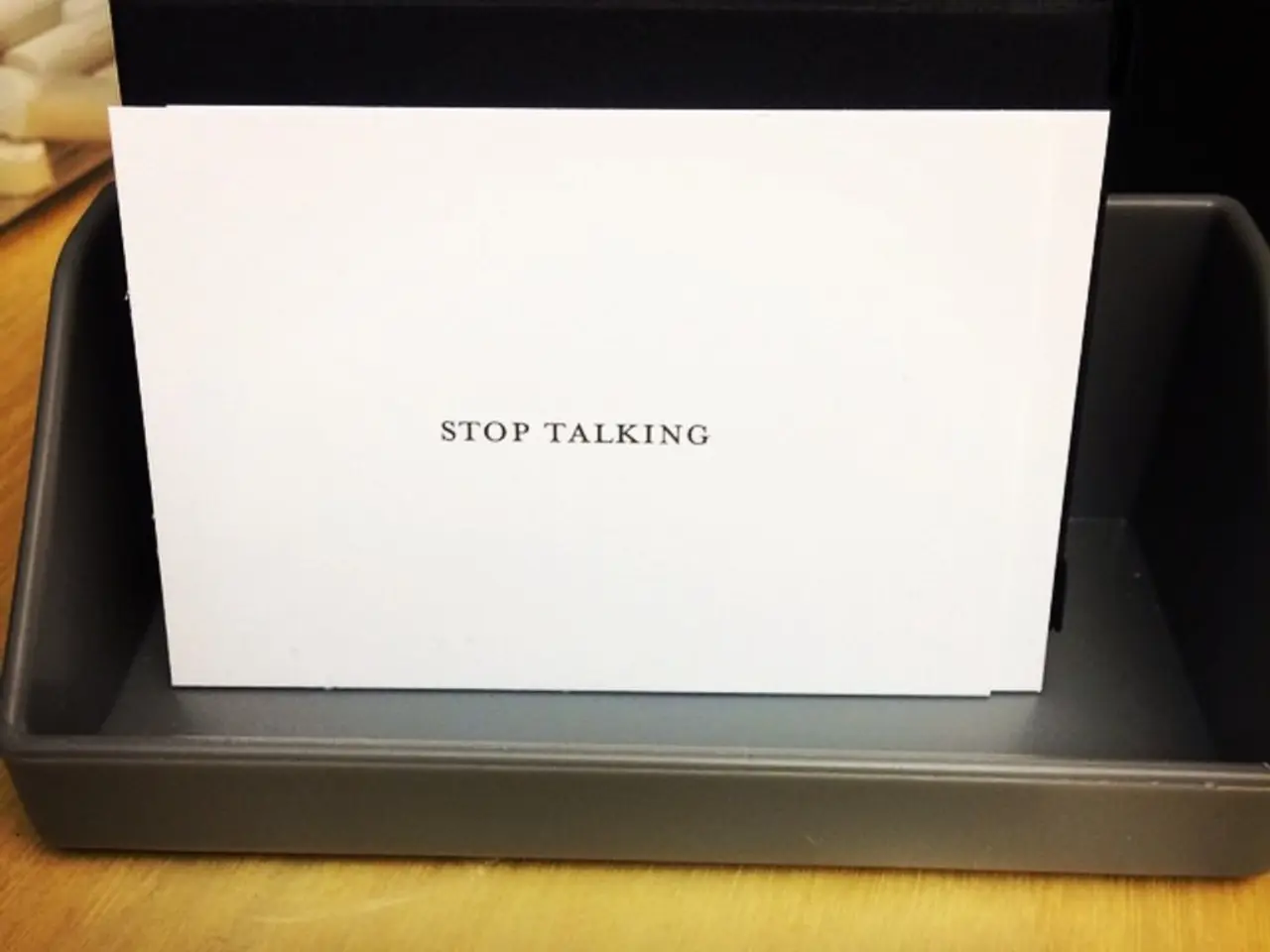Could Monotony Stimulate Cognitive Enhancement?
Unleashing Creativity Through Boredom: A New Perspective on a Familiar Feeling
Boredom, often perceived as a nuisance, could in fact be a catalyst for creativity and introspection. A growing body of research suggests that boredom, when experienced in the right context, can activate the brain's Default Mode Network (DMN), a state where the mind wanders and turns inward, promoting creativity, introspection, and problem-solving [1][2].
Harnessing the Power of Downtime
Strategically using boredom involves deliberately scheduling unscheduled or downtime to let your mind wander and ideas percolate. This can enhance productivity and lead to innovative solutions that are less likely during constant activity or distraction [2]. Incorporating short breaks without distractions or gamifying mundane tasks can also help make necessary but boring tasks more engaging, indirectly fostering creativity by reducing mental fatigue [2].
Boredom as a Signal for Neurodivergent Individuals
Boredom can also be a signal, especially in individuals with neurodivergent conditions like ADHD, indicating a need for stimulation to regulate brain chemistry and restore emotional balance [5]. Understanding this insight, boredom can be leveraged not just for creativity, but also for deeper self-reflection, healing, and emotional processing [1][4].
Embracing Boredom for Productivity and Growth
In moderation, boredom isn't something to avoid – it's a tool for mental clarity and deeper thinking. Embracing occasional boredom may be one of the most productive things you can do for your brain. However, if boredom becomes habitual or occurs in environments with no perceived opportunity for change or growth, it can lead to apathy, frustration, or even risky behavior [3].
Capturing Insights and Ideas
Journaling after periods of boredom can help capture any surprising insights, memories, or ideas that emerge. This practice not only serves as a creative outlet but also provides a record of your thought process, which can be revisited for future reference [2].
In summary, boredom activates the DMN and enhances creativity by facilitating mental rest and new connections. It can be used strategically by incorporating intentional downtime or "productive procrastination" to boost creative thinking and problem-solving. Gamification and reward systems can help mitigate boredom in repetitive tasks, enhancing engagement and productivity. Understanding boredom as a meaningful internal signal can help manage emotional states and neurodivergent needs effectively. This makes boredom a powerful, though often misunderstood, cognitive and emotional state with significant potential benefits when embraced rather than avoided [1][2][5].
[1] Eastwood, J. D., & Smith, E. E. (2012). The brain basis of boredom. Trends in cognitive sciences, 16(10), 495-503.
[2] Killingsworth, M. A., & Gilbert, D. T. (2010). A wandering mind is an unhappy mind. Science, 330(6006), 932-932.
[3] Vodanovich, S., & Edwards, M. (2014). Boredom and the human condition. In The Oxford handbook of leisure studies (pp. 175-187). Oxford University Press.
[4] Ratey, J. J., & Hagerman, E. (2008). Spark: The revolutionary new science of exercise and the brain. Little, Brown Spark.
[5] Ratey, J. J., & Hagerman, E. (2008). Spark: The revolutionary new science of exercise and the brain. Little, Brown Spark.
- The brain's Default Mode Network, activated during periods of boredom, promotes creativity, introspection, and problem-solving.
- Strategically scheduled downtime can enable the mind to wander and foster creative ideas, leading to increased productivity.
- Boredom can serve as a signal for individuals with neurodivergent conditions, signaling a need for stimulation and emotional balance.
- Embracing boredom in moderation can lead to mental clarity and deeper thinking, benefiting both creativity and overall brain performance.
- Journaling after periods of boredom can capture insights, memories, and ideas, providing a creative outlet and a record for future reference.
- Understanding the intricate relationship between boredom, mental health, and self-development can help leverage boredom for creativity, growth, and emotional processing.




